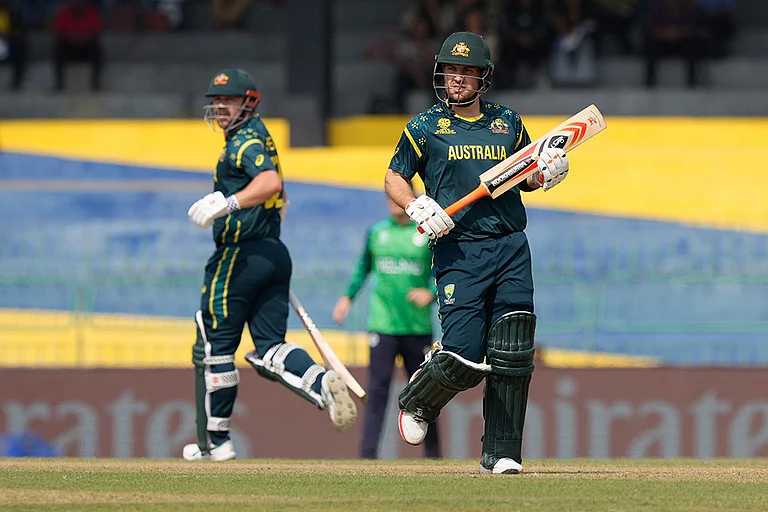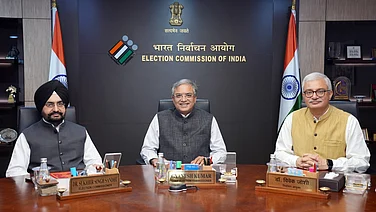The health system in violence-struck Manipur is under strain and healthcare requirement of people displaced in over two months of violence are rising, according to an article in Lancet, one of the world’s oldest and most prestigious medical journals.
Since May 3, Manipur has been in the grips of ethnic violence between the state’s Meitei and the tribal communities. The violence broke out after the state’s tribals carried out a Tribal Solidarity March against the proposed scheduled tribe (ST) status to the Meitei community. Over 120 people have been killed so far.
The Lancet article says many health workers have left villages affected by violence out of fear and this has resulted in shortage of staff. The article says the challenge is to provide specialised surgical and trauma services, ensure supplies of medicines for chronic diseases, and restore an ethnically plural health system.
In the July 8, 2023 issue of The Lancet, the article titled ‘Ethnic conflict hampering health services in Manipur, India’ describes the Manipur situation as: “Violent clashes broke out between two communities, Meitei and Kuki, on May 3, after protests over a court verdict about the demand of Meitei to be treated as a Scheduled Tribe on par with the Kuki. The Indian Constitution provides for the reservation of seats in educational institutions and government jobs for Scheduled Tribes. The Meitei community is the dominant group in the Imphal Valley, whereas the Kuki mostly inhabit hill districts.”
The article’s author, Dinesh C Sharma, says two months of ethnic conflict in Manipur has resulted in the displacement of people and extensive disruption of health services. He says violence has seen 50,000 people displaced and more than 100 killed, impeding the delivery of health services and leading to staff shortages.
Although health facilities’ functioning has been hampered in the hill districts such as Churachandpur, the Manipur government claimed that supplies of essential medicines have resumed with the help of security forces. However, many health workers fearing attack have left villages affected by violence, resulting in staff shortages.
“The District Hospital in Churachandpur has only skeletal staff as most support staff have abandoned it,” said Simon Hrangchal, Secretary of the Churachandpur-based group Evangelical Assembly Church, an NGO involved in the relief effort. “Even routine diagnostic tests are not being done. The situation in primary and community health centres and sub-centres in remote villages is worse.”
Hrangchal further said, “Civil society organisations from Mizoram have pitched in with medical supplies. For cancer treatment and surgeries, hill people who can afford it are going to far-off cities —Guwahati, Shillong, and even Delhi— as they feel unsafe travelling to Imphal.”


























